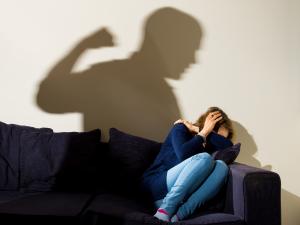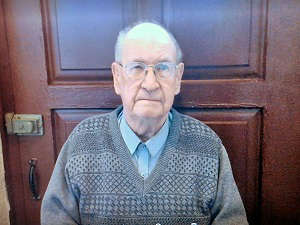
By Michael McHugh, PA
The creation of tough new legislation targeting domestic abusers shows victims they are not alone, Northern Ireland’s justice minister said.
The Domestic Abuse and Civil Proceedings Bill is due to have its final reading at the Assembly on Monday and if passed will become law soon afterwards.
A person convicted of the worst offending will face up to 14 years in prison.
The draft law includes the creation of a new domestic abuse offence, allowing for heavier sentences where children are involved, and stiffening penalties for any wrongdoing where domestic abuse is associated with it.
Minister Naomi Long said: “It will make a real and tangible difference to people who are abused.
“It recognises that not all domestic abuse is physical.
“That is an important change in the law; emotional, financial, sexual, technological and digital abuse can have an effect on someone through coercive and controlling behaviour.”
She said some people had suffered increasing levels of abuse over a long time and noted that Stormont powersharing was suspended for three years.
Ms Long said: “It seems like they have waited a very long time.
“We now have this legislation passing its final reading hopefully on Monday, allowing us to completely transform how we deal with domestic abuse.”
She said she wanted to raise awareness of the criminality.

Ms Long said: “We are encouraging the public not to see it as a private and behind-closed-doors matter.
“It is a crime and needs to be reported for the sake of those suffering abuse.
“It is important to speak up.”
The law has been one of the minister’s top priorities since taking office a year ago.
She paid tribute to the victims and their advocates, adding it presented a new opportunity now the law recognised the harm as abuse.
“It gives them the courage and confidence to come forward; to know that they are not on their own and have nothing to be ashamed of and know that they will be believed and heard and supported when they come forward,” Ms Long said.
The law warned abusers that just because their actions may not be physical, it did not mean that was OK and they could be prosecuted for that, the minister said.
She added: “It is an important step in changing the conversation we have about domestic abuse.”


 Education Authority boss hits out at criticisms of public services
Education Authority boss hits out at criticisms of public services
 Man in 90s dies following Co Down road crash
Man in 90s dies following Co Down road crash
 Police to increase patrols after second incident of shots being fired in Belfast
Police to increase patrols after second incident of shots being fired in Belfast
 Woman charged over theft of campaigner’s car ‘must stay out of Belfast’
Woman charged over theft of campaigner’s car ‘must stay out of Belfast’
 Bluetongue restrictions in Northern Ireland will be relaxed from Friday
Bluetongue restrictions in Northern Ireland will be relaxed from Friday